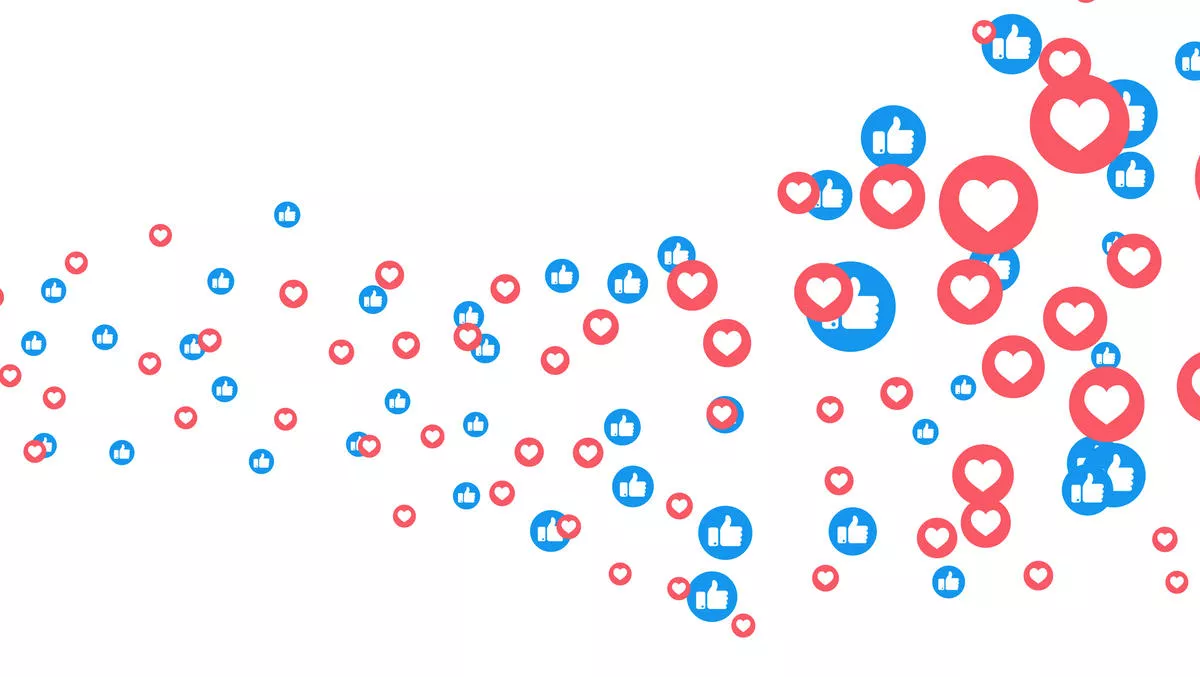
Just how much privacy do you have these days? The internet poses the biggest single threat to privacy because it is present in so many of our day-to-day activities, but while it seems we are concerned about how much information about us is there for the viewing, we're not taking enough responsibility for our privacy and too often we're compromising it through our own actions.
The woman charged with protecting New Zealanders' privacy in this Information Age, Privacy Commissioner Marie Shroff, wants to educate people more about how their online behaviour affects their privacy.
A UMR survey conducted for her office and released to coincide with Privacy Awareness Week, showed that 83% of those questioned were concerned about the security of personal information on the internet, while 88% were concerned about the information that children post about themselves online. The web, of course, is an exciting place, enabling you to share your thoughts and views instantly with the world – especially since the advent of social networking.
It's that phenomenon that especially concerns Shroff, because it's perhaps the place where we behave the worst. We set up our own on networking page, tell everyone what we've been doing, even post photos of ourselves that we may come to regret later. What's more, we invite other people to join our ‘network', often with little knowledge of just who they are.“It's like putting a 12-year-old on a superhighway with a Maserati and saying ‘go for it',” Shroff told NetGuide.
“To extend the analogy, I think we need to devise new rules of the road so that people can guide themselves.”One disturbing result in the survey was that 57% of users believe the sites are mainly private spaces where people share information with their friends. This is supported by a recent British survey which showed that one in four Facebook users are unaware of the privacy protections offered by the site, or choose to disable them.
On a more positive note, 86% of those questioned in the New Zealand survey claimed they knew how to protect their privacy settings, and 66% said they had changed privacy settings.But privacy settings, even if we use them, are not enough by themselves. We need to take more care with what we post about ourselves. Shroff says there is anecdotal evidence that employers are now searching through Facebook for information about prospective employees. That picture of you, out partying, could rebound in a nasty way. Then there are all those ‘friends' whom you let view your postings.
“It's almost like we need a new word in the language for someone who's a Facebook friend, because many of these so-called ‘friends' are not friends at all,” Shroff said.But if we need educating about our online behaviour, where do we go?
Again, the survey's results are worrying. Asked where they would go for advice if they feared their privacy had been compromised, 25% said they would talk to a friend or family member, 20% would contact the person or organisation that caused the concern, and 13% would do a general internet search.
Just 21% said they would contact the Privacy Commission, and Shroff is making a major effort to boost people's awareness of her office and the legally mandated help it offers.
“The Privacy Act gives you an almost unqualified right to access personal information held about you,” she said.
“There are only a few withholding grounds, so the Privacy Act empowers people to find out what any agency, whether it be government, business or civil society holds about them personally. If you don't get what you want, then you can appeal to me.”Government departments are audited regularly by the Privacy Commissioner, who reports to Parliament. Shroff says the various departments that hold personal information are lifting their game when it comes to handling such information – about two-thirds of them are now “adequate or better” – but some are still catching up on technology and how to use it correctly.
So if you're concerned about your privacy online, or think you need to know more, have a look at the Privacy Commissioner's website (www.privacy.org.nz).
There's more information about cyber safety at NetSafe (www.netsafe.org.nz – especially useful for parents) and the complete results of the UMR Privacy Survey are at tinyurl.com/26kvwrq (Adobe Reader required).